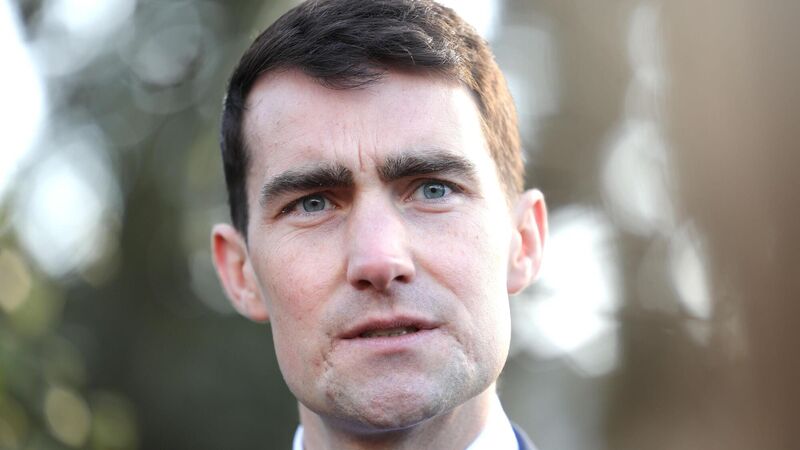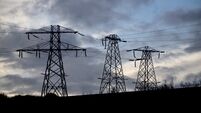Jack Chambers on energy credits: Government to move away from 'ad-hoc temporary supports'

Jack Chambers promised that 'strategic investment' in the energy system would be central to a new national development plan. File picture: Leah Farrell
Jack Chambers has said the Government "wants to move away from a position of ad-hoc temporary supports" when it comes to energy credits, echoing comments he made last month.
The public expenditure minister promised that "strategic investment" in the energy system would be central to a new national development plan.














